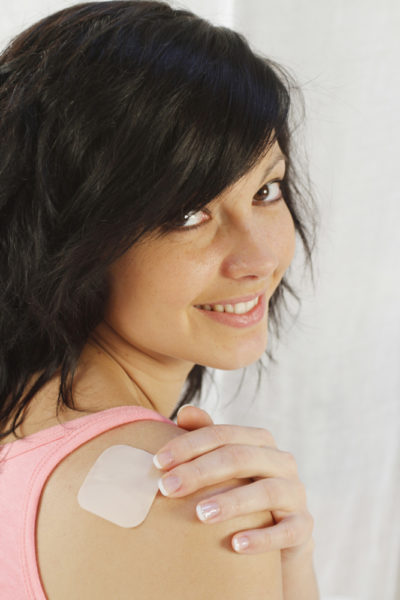Birth Control & Hormone Therapy
Birth Control
For young women who are sexually active, it is important to use a form of birth control to prevent pregnancy. Young women who have sex without using a form of birth control are at risk of becoming pregnant between the start of puberty (usually around 12 years old) to the beginning of menopause (generally in a woman’s 40s).
Abstinence (refraining from sexual intercourse) is the only means of birth control that is 100 percent effective in preventing pregnancy. However, several birth control (contraception) methods have excellent success rates and are safe and effective.
If you are sexually active or are planning on becoming sexually active, a visit to your OB-GYN can help catch or prevent certain gynecological problems associated with intercourse, and the doctor can answer any questions you have about sex, birth control, and other women’s health issues.
Learn more about birth control
- Getting started with the vaginal ring
- Getting started with the IUD
- Getting started with the Implant (Nexplanon)
- Getting started with the Depo-Provera shot
- Getting started with birth control pills
- Learn more about other methods of birth control
Hormonal therapy for problem periods
Many girls and teens have problems with their menstrual periods. Sometimes periods are painful (heavy menstrual cramps), cause heavy bleeding or are very irregular, which can interfere with a girl’s normal activities like sports or school. Sometimes there is another condition (like headaches or mood swings or acne) that is made worse with monthly periods.
Hormonal therapy is a first-line, medical option for treating painful, heavy irregular, or problem periods. It is important to note that although these options are usually packaged as “birth control,” in this case they are being recommended to treat a medical condition.
